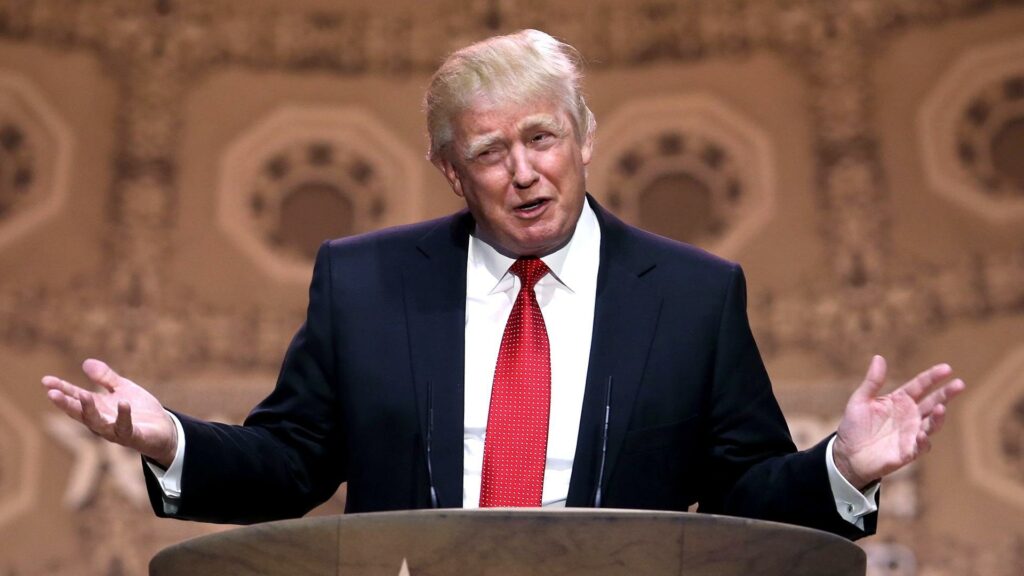The United States will impose a 19% tariff on goods imported from the Philippines, President Donald Trump announced Tuesday following a high-profile meeting with the Philippine president at the White House. The move is part of what Trump described on social media as a “beautiful” new trade pact, though official details remain sparse.
In his post, Trump claimed the agreement also includes the removal of Philippine duties on American goods and increased military cooperation between the two nations. “We concluded our Trade Deal,” he wrote, without offering further information on the nature of the pact.
The new tariff, which is higher than the 17% rate Trump previously proposed in April, would significantly impact the roughly $14.2 billion in goods the Philippines exported to the U.S. last year. Key imports from the country include car parts, electric machinery, textiles, and coconut oil.
The Philippine government has not yet confirmed the deal. The BBC has reached out to the Philippine Embassy in Washington, D.C. for comment.
Trump has used tariffs as a central tool of his trade strategy, arguing they are necessary to correct what he calls unfair practices against American businesses. Since his initial sweeping tariff announcement in April, the administration has struck partial agreements with several countries, including the UK, China, and Indonesia. However, many of these deals have retained high tariffs and left core issues unresolved.
The latest move comes amid looming threats of another wave of tariffs set to take effect on August 1. Trump’s administration has been sending letters to trade partners, including the Philippines, outlining plans for higher duties. His letter earlier this month proposed a 20% tariff—just above the final 19% announced.
Reactions globally remain mixed. In Canada, Prime Minister Mark Carney described ongoing trade talks as “complex” and cautioned against accepting any deal “at any cost.”
The impact on American businesses is already being felt. General Motors reported over $1 billion in losses over three months due to tariffs, while Stellantis, the parent company of Jeep, cited a $349 million hit.
As the August 1 deadline looms, global markets and trade partners remain on edge, awaiting clarity and resolution.

